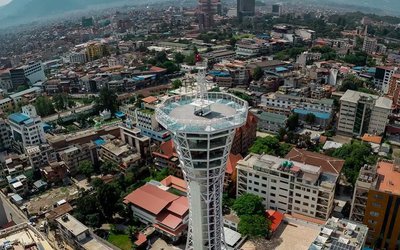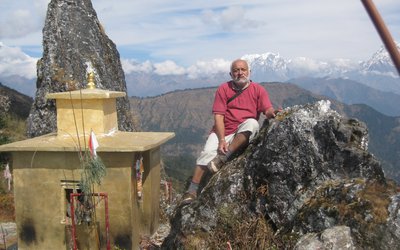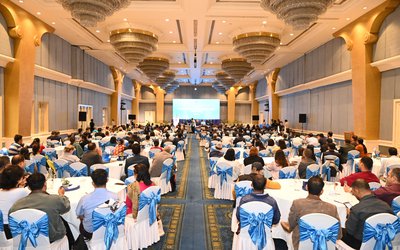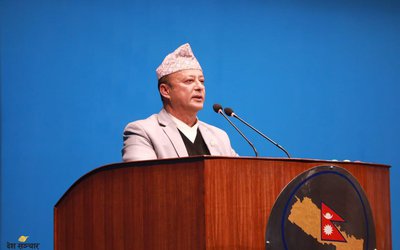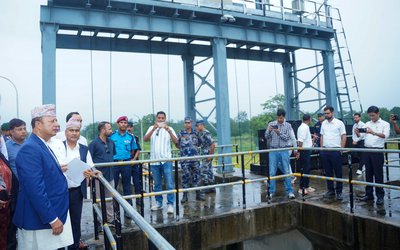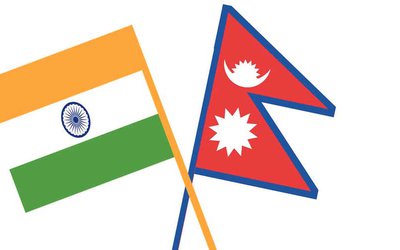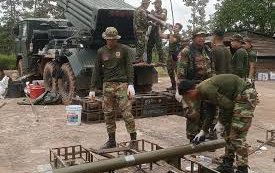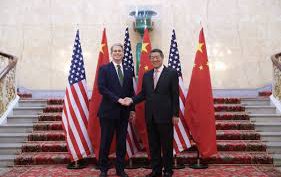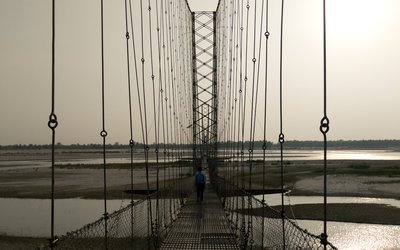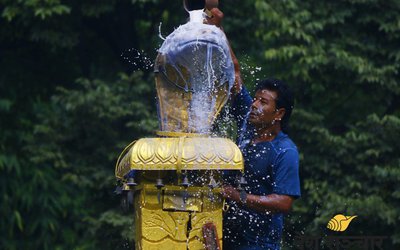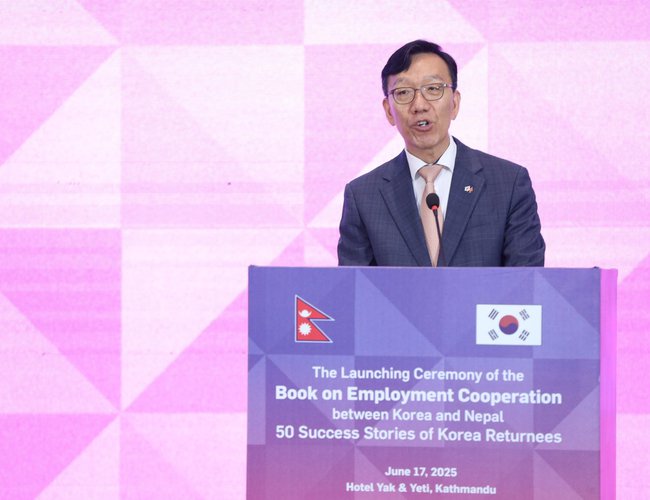
It is a great honor and pleasure to join you today at this meaningful occasion—the launching ceremony of a book that tells the inspiring stories of returnee migrant workers.
Today, we are proud to present the second edition of this publication. This edition now features 50 success stories—nearly twice as last year’s collection of 26, written by Mr. Shiva Prasad Pokharel. Those returnee migrant workers have become drivers of progress in Nepal through their hard work, determination, and dreams.
This book is not merely a compilation of individual experience; it is a living record of the transformative power of bilateral employment cooperation between Korea and Nepal under the Employment Permit System (EPS).
Each individual featured in this book began their journey with courage—leaving home to work in Korea, where they gained not only income but skills, discipline, and a vision for their future. Upon returning to Nepal, they invested what they had earned—both financially and experientially—into creating businesses, generating local jobs, and contributing to their communities. They are now part of a virtuous cycle of migration, reintegration, and national development.
These 50 entrepreneurs exemplify what is possible when opportunity is met with ambition. They are more than success stories—they are role models, and their journeys are proof that temporary labor migration, when well-managed and mutually respectful, can bring sustainable benefits to both countries.
This achievement is also a testament to our two countries' enduring friendship. Over the last two decades, Korea and Nepal have cooperated closely under the EPS framework. Since 2007, over 100,000 Nepalese migrant workers have worked in Korea on equal terms with Koreans through the EPS program. It has created meaningful pathways for Nepalese youth to gain employment, return with dignity, and uplift their home communities. The EPS is not just a labor program—it is a human development partnership.
To further strengthen this partnership, the Korean government, through KOICA, has been implementing the “K-Hami” project, offering stage-wise reintegration support from pre-departure to post-return. It includes entrepreneurship training, business development mentoring, and access to tools and resources to empower returning workers to build their future here in Nepal. The positive response we have seen so far is deeply encouraging.
Nepal is a young and dynamic country. With the average age in the mid-20s, the potential of Nepalese youth is immense. By supporting their entrepreneurial journey, we are not just helping individuals—we are helping build the foundation of Nepal’s economic growth and resilience.
Last year marked 50th anniversary of diplomatic ties, and this year is the first year of the new chapter to further enhance that cooperation over the next 50 years. This publication is a timely and symbolic celebration and highlights how our collaboration has evolved—from people-to-people exchanges to development partnership that touch real lives.
I extend my heartfelt appreciation to all the returnees who courageously shared their stories, and to all our Nepali partners who work tirelessly to make this cooperation fruitful.
Let us continue to walk together on this journey—supporting dreams, building opportunities, and forging a future where both our countries can prosper side by side.
Congratulations once again on the launch of this inspiring book. I look forward to reading the success stories of not just 50, but 100 and more Nepali returnees in the years to come.
Park Tae-young is the current Ambassador of the Republic of Korea to Nepal. Excerpts of his speech delivered during the release of the book You can be the Boss’ Tapai Pani Malik Banna Saknuhuncha written in Nepali by Shiva Prasad Pokharel.
- Korean Companies Are Supporting Environmental, Social, and Governance (ESG) In Nepal
- Dec 22, 2024
- Korea Firmly Stands With Nepal
- Sep 17, 2024
- Nepal Chamber Expo 2024 Is Significant Event Soster Closer Economic Tie Between Korea And Nepal
- Mar 11, 2024
- South Korea And Nepal: Five Decades Of Diplomatic Relations
- Jan 30, 2024
- Journey From Being Skilled Workers In Korea To Entrepreneurs In Nepal
- Nov 05, 2023


